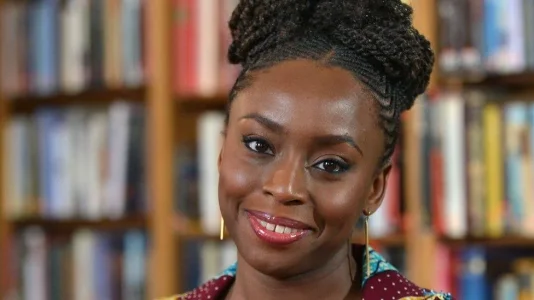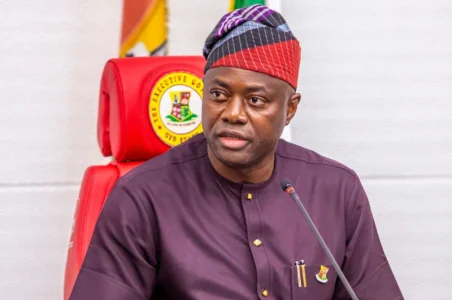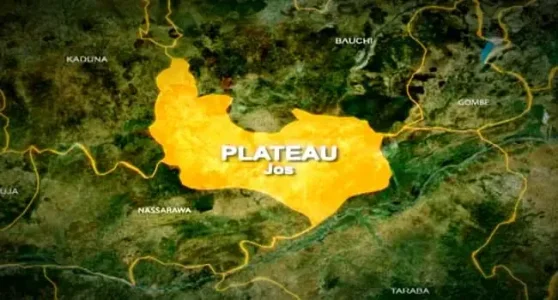
The Paris Olympics organizers apologized after a performance resembling Leonardo da Vinci's "The Last Supper" during the opening ceremony sparked controversy among religious groups. The organizers clarified the intent was to celebrate diversity, but the portrayal was criticized for being disrespectful.
The Paris Olympics organizers have issued an apology following backlash over a performance during the opening ceremony that referenced Leonardo da Vinci's “The Last Supper.” The scene, intended to celebrate diversity, featured DJ Barbara Butch, an LGBTQ+ icon, alongside drag artists and dancers. The portrayal drew criticism from religious conservatives globally, including the French Catholic Church and the Anglican Communion in Egypt, who accused the organizers of mocking Christianity.
Thomas Jolly, the artistic director of the ceremony, clarified that the performance aimed to honor community and inclusivity rather than disrespect any religious beliefs. Paris 2024 spokesperson Anne Descamps emphasized that there was no intent to offend and expressed regret for any discomfort caused. She noted that the intention was to promote tolerance and unity through the artistic display.
Jolly, in a statement to The Associated Press, reiterated that his goal was to convey a message of love and inclusion, not division or mockery. Despite the organizers' explanation and apology, the performance sparked significant controversy and debate on social media and among religious communities.
Reactions to the apology varied, with some accepting it as a genuine mistake, while others viewed it as insufficient or insincere. Critics argued that the damage was already done and that the performance had been a deliberate provocation. The incident has highlighted the sensitivities surrounding religious representations in public events and the challenges of balancing artistic expression with respect for diverse beliefs.
As discussions continue, the organizers hope to move forward with a better understanding of the cultural and religious sensitivities involved in planning such high-profile international events.




